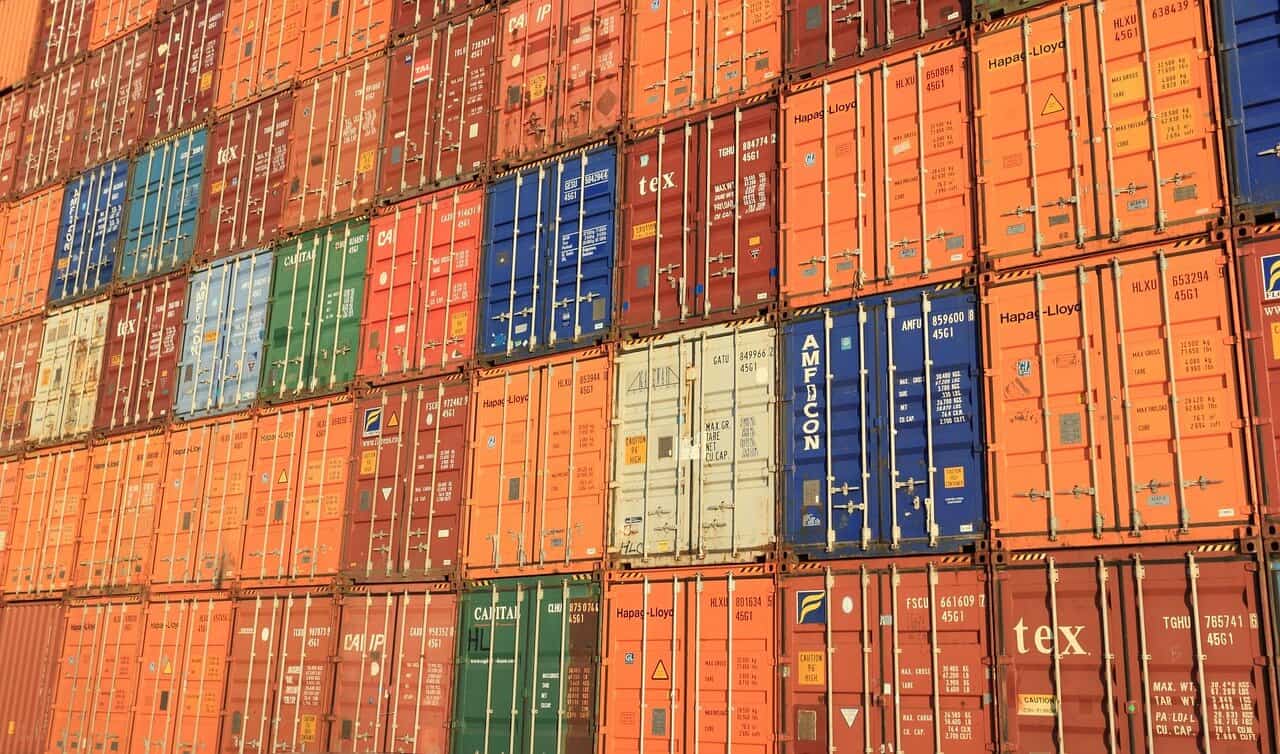U.S. President Donald Trump has signed a executive order raising tariffs on dozens of countries, including Costa Rica, as part of a broader effort to address what the administration calls “persistent trade imbalances.”
The increase will be effective as of August 7 and will apply to all goods imported from Costa Rica that are not exempt under previous provisions. The measure is part of a broader tariff offensive targeting dozens of countries, including several U.S. longtime allies.
“Some trading partners have agreed to, or are on the verge of agreeing to, meaningful trade and security commitments with the United States, thus signaling their sincere intentions to permanently remedy the trade barriers,” the executive order stated.
Other nations have managed to negotiate trade agreements and get more favorable rares. However, some have also failed to meet the President’s standards.
“Other trading partners, despite having engaged in negotiations, have offered terms that, in my judgment, do not sufficiently address imbalances in our trading relationship or have failed to align sufficiently with the United States on economic and national-security matters,” the document read.
This adjustment comes just three months after Trump initially imposed a 10% tariff on Costa Rica, claiming at the time that the Central American country levied 17% charges on U.S. products, including non-tariff barriers and “currency manipulations.”
Since then, the Trump administration has hardened its stance against nations that, in its view, do not offer fair market access to the U.S. The new decree includes Costa Rica in Annex I, which details the updated tariff percentages for each country.
The United States is Costa Rica’s main trading partner. According to government data Costa Rica exported $10.419 billion to the U.S. in 2024 and imported $11.998 billion. Among the products that could be affected by these tariffs are medical devices, coffee, pineapple, bananas, juices, electric cables, and electronic components, all of which Costa Rica sells to the United States.
Tariffs increase the final price of Costa Rican products in the U.S. market, which could reduce their competitiveness and negatively impact the national export sector.
Among the Latin American countries included in this round of adjustments are Ecuador, Nicaragua, Venezuela, Bolivia, and Brazil, with tariffs ranging from 10% to 20%.
The U.S. administration plans to review each country’s conditions every six months and is authorized to adjust tariffs or impose new sanctions if it determines there is no progress in trade commitments or if it detects retaliation.
The White House stated that the order is based on the “national emergency” declared in April through Executive Order 14257, in which Trump argued that annual trade deficits represent an “extraordinary threat” to U.S. security and the economy.






